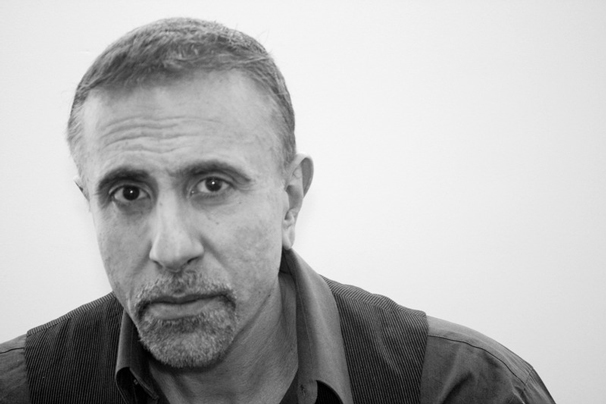
Homophobia, racism, discrimination, depression and post-traumatic stress disorder contribute to the HIV epidemic through the mental health burden they impose upon young gay men, according to the results of a study recently conducted by Perry Halkitis. Halkitis is the director of the Center of Health, Identity, Behavior and Prevention Studies at Steinhardt School of Culture, Education and Human Development.
“Measurement Model Exploring a Syndemic in Emerging Adult Gay and Bisexual Men” was published in the February edition of “AIDS and Behavior.” The study outlines the first major findings of Halkitis’ larger research project, Project-18, which follows the lives of 600 young men who identify as men who have sex with men, are ages 18 or 19 and live in New York City over the course of three years, with Halkitis checking in every six months.
Forty young men — representing 6 percent of the sample — who participate in the study have contracted HIV since the project’s commencement. Most of the afflicted are black, and the second most affected group consists of Latino men.
“What we know about HIV in our country right now is that it primarily affects minorities, it primarily affects gay men and it often affects gay men who are of low socioeconomic status, who have less access [to health care, resources, education, etc.]” Halkitis said.
Some factors Halkitis monitors every six months are the participants’ HIV status, sexual behavior, mental health state, depression, levels of trauma, relationship status and work situation. He looks for how patterns in their lives influence behavior.
Mike Abrams, an NYU psychology professor, said the connection is more of a self-fulfilled prophecy.
“People who are the lower SES [social economic status] or stereotyped racial groups in a society tend to integrate the negative messages about their group into their personal schemas or self-concepts,” Abrams said.
He has concluded that these types of mental trauma lead to risky behavior, such as unprotected sex, which in turn leads to the contraction of HIV. One of the main contributing factors is homophobia.
“Homophobia has traditionally been shown to be extremely detrimental to the well-being of gay men … When somebody makes a homophobic comment or joke that’s obvious, that’s damaging. At the same time, when politicians are speaking out against gay marriage, that’s also damaging,” Halkitis said.
CAS junior Emily Cousens said that the results of the study could be seen from a different point of view.
“It doesn’t seem like depression leads to HIV. It seems like the things that cause HIV also cause depression, so if someone is depressed, there’s something in their life causing that depression,” she said.
Halkitis received $2.9 million from the National Institute of Health’s own National Institute of Drug Abuse in 2009 to study prevention strategies for young men in the next generation because the current prevention strategies are outdated.
Because of the development of medical treatments, which are now able to stabilize the disease, researchers are now turning their focus from treatments that follow a positive diagnosis to prevention strategies.
Halkitis suggested several things that should result from these findings.
“We need to think about policies that make people’s lives better and protect people’s rights,” Halkitis said.
CAS junior Ramya Pokala, a member of FACE AIDS, an organization that works with Partners in Health to raise money for HIV-positive women in Rwanda, believes that global and societal approach would help rid young gay men of these types of mental health burdens.
“It’s going to take a lot of firsthand, one-on-one work with the young men to see if and how the psychological aspect of it would work, but it could never hurt,” she said.
According to her, medication as a form of prevention is also a consideration. Treating more people who are positive makes them less infectious and therefore less likely to transmit HIV.
These health problems not only co-exist but fuel each other, and in this case the problems would be mental health issues and HIV. Because of their burderns, individuals who experience more psycho-social problems in their lives like discrimination, racism and homophobia are more likely to engage in risky behavior and therefore more likely to have low health profiles.
Hoku Krueger is a contributing writer. Email her at [email protected].





















































































































































